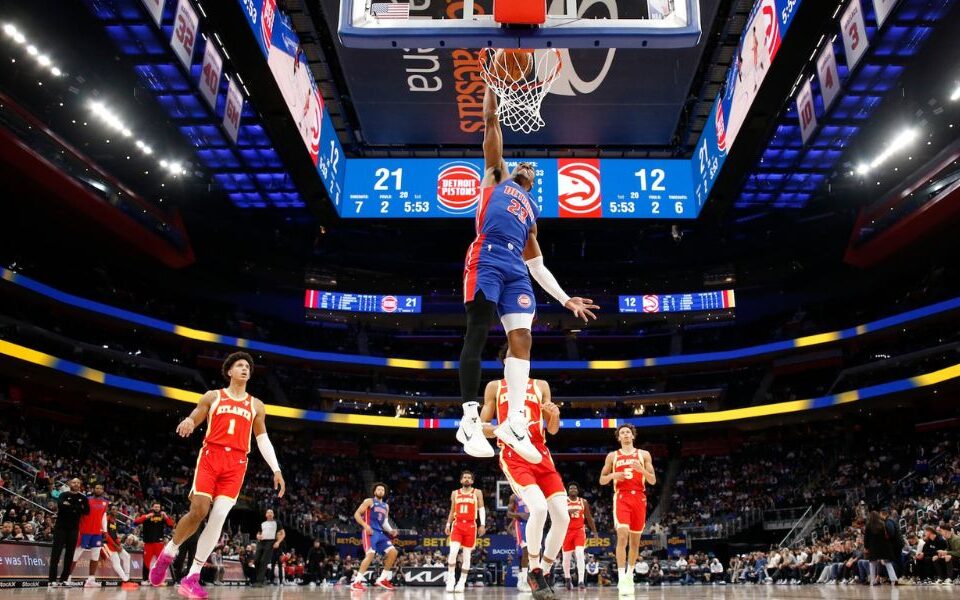- Have any questions?
- 888-432-8878
- steve@sebackground.com

Making Progress on Diversity and Inclusion Means Getting the Data Right
January 25, 2020HR Business Partner or HR Director?
January 27, 2020Is HR prepared for the increasing workplace demands of the future? HR professionals can be engulfed in a mix of doubt and indecision when this question is posed. But fear not, prominent HR expert Nicole Alvino is here to discuss key trends that will shape the modern workplace in 2020.
1. The battle against “fake news” in the workplace will come to a head
In 2019, we saw the proliferation of “fake news” spill out of the political sphere and make its way into organizations. Companies are now battling new frontiers we’ve never seen before – from the fight against deepfakes, to “digital water coolers” running rampant among employees, to the spread of social and collaboration platforms that make it easy for anyone to spread disinformation. And all the while, employee engagement is only becoming more critical, as organizations must effectively engage and retain employees to win the war for talent. In 2020, these forces will come to a head for business leaders as they look to combat the infiltration of “fake news” and deliver a unified message to employees. Organizations will risk losing trust and transparency with their workforce or turn to new strategies, such as creating a single source of truth for company communications, establishing “truth ambassadors” as trusted sources and building mechanisms for transparency and feedback.
2. Ethical leadership will make or break the bottom line
Throughout 2019, a myriad of factors have forced companies to recognize the importance of ethical leadership. From employee protests and walkouts to GDPR and the data privacy troubles of companies like Facebook, ethics has become the crux of both employee satisfaction and business success as employees demand more out of their employers. Especially with forecasts predicting a potential economic slowdown, in 2020 we will see the C-suite grasp ethical practices as a competitive advantage, revamping and restructuring corporate social responsibility programs and efforts to demonstrate their commitment. Ethical leadership will no longer be an option, but an imperative that directly impacts the bottom line, pushing companies to build ethics into policies and practices, place a renewed focus on company culture and seek ways to measure the impact of their efforts.
3. Employee engagement strategies will center on the multi-generational workforce
We’ve all heard the talk of millennials and Gen Z taking over the workplace, and organizations can no longer ignore this seismic demographic shift when it comes to the employee experience. Businesses today are facing an employee engagement crisis, grappling with more factors and distractions among employees than ever before – from decreased attention spans to the proliferation of chat tools, social platforms and consumer-like technologies that have changed how employees consume information. With so many varied preferences, behaviors and devices across generations, organizations will need to adopt a multi-generational, multi-channel engagement strategy in order to win employees’ mindshare in 2020. This type of approach allows for flexibility, targeting and personalization so businesses can deliver the right message to the right demographic – and retain workers before they go elsewhere.
4. Insights from employee communications will deliver organizational intelligence
Communications and HR teams will adopt a data-driven approach to employee engagement and communications, one that focuses on micro-moments and behavior instead of relying on annual or even quarterly surveys. They will implement quantitative methods that correlate effectiveness of communications with business performance – from reduction of safety incidents to delivering business transformation to sales. This will allow leaders to get a real-time pulse on their organization that will be invaluable to predict and enable high performers, as well as predict and intervene on retention issues.
The post HR Expert on Digital Workplace Challenges, Employee Engagement & More appeared first on The HR Digest.
Source: New feed





